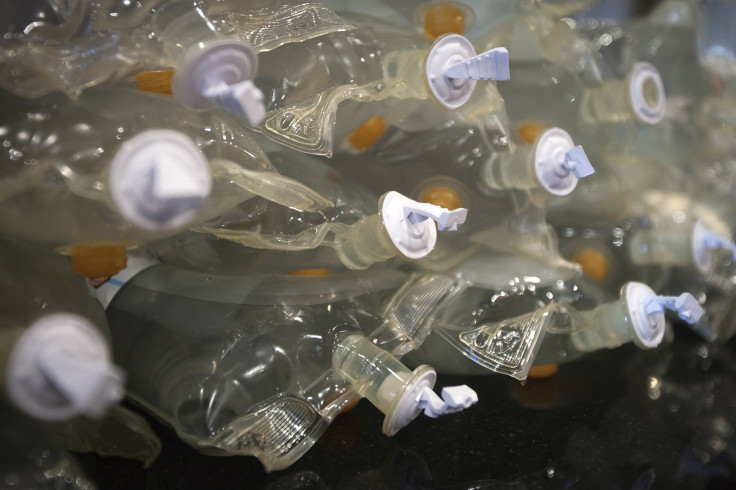Study reveals neither drinking water nor eating any food can prevent hangover

Neither drinking water nor eating any food will not help to ease the effect of hangover; instead the only way to prevent a hangover is to drink less alcohol, a new study suggests. Scientists say there is still no proven cure to relieve the effect of hangover.
The researchers of the study, presented at the European College of Neuropsychopharmacology conference in Amsterdam, surveyed the drinking habits of students to analyse whether hangovers could be eased or if some people were immune to it. Among more than 800 participating students who tried to relieve hangover symptoms, neither food nor water was found to have any positive effect.
For the study, in 826 participating students in The Netherlands, 54 per cent consumed either fattening foods after drinking alcohol or heavy breakfasts to relieve their hangover. In the other group, more than half of the students drank water before sleep and over two-thirds drank water while drinking alcohol.
The groups showed slight improvement than those who hadn't drunk water, but there wasn’t enough of a difference in the severity of their hangovers, the researchers said. Despite the huge number of the participants who had hangovers, about 25 per cent of drinkers claim they never get hangovers.
The researchers then asked another 789 students about their drinking habits in the past month and the hangovers they experienced. The result shows that those who claimed they didn't get a hangover were practicing moderation, or drinking "too little alcohol to develop a hangover in the first place."
With those who had hangovers because of heavily consuming alcohol, the researchers found that almost no person was immune to hangovers. Lead author Dr Joris Verster from the Utrecht University in The Netherlands said the relationship was clear that the more you drink, the more likely you are to get a hangover.
"Drinking water may help against thirst and a dry mouth, but it will not take away the misery, the headache and the nausea,” Verster told the BBC. According to Verster, scientists still do not know the causes of a hangover. The researchers concluded that hangover is not simply dehydration, although the immune system is involved, and a possible cure could be found before understanding what causes it.
The hangover does not simply affect an individual, but also the economic costs of alcohol abuse ran into hundreds of billions of euros every year, said Dr Michael Bloomfield, from University College in London. "It's therefore very important to answer simple questions like, 'How do you avoid a hangover?'
The researchers said further studies are needed to provide better understanding on what causes hangover and to develop certain cure. However, Bloomfield noted that the new research indicates that the simple answer to prevent hangover is to “drink less."
Contact the writer at feedback@ibtimes.com.au or tell us what you think below





















